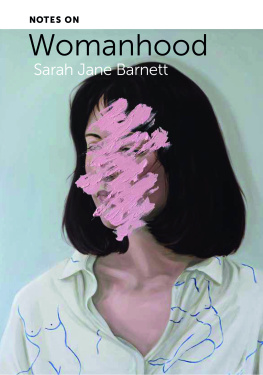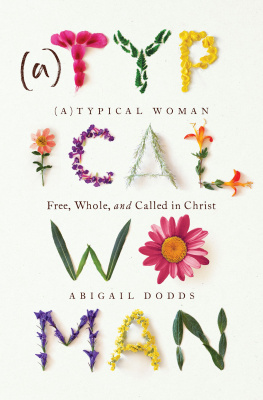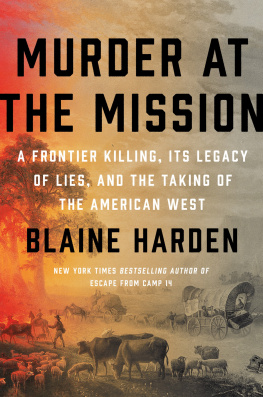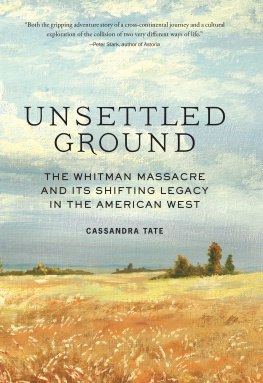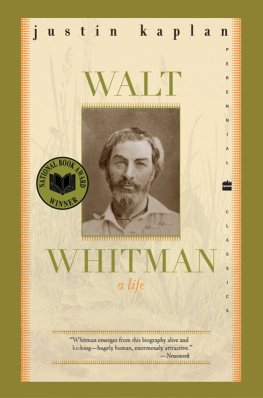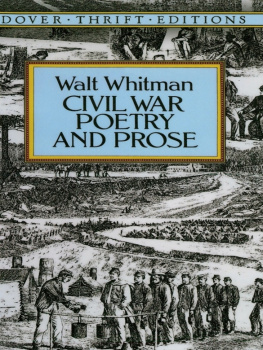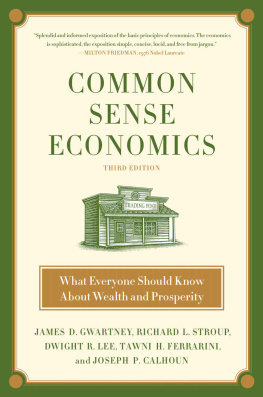I Am a Stranger Here Myself

| River Teeth Literary Nonfiction Prize
Daniel Lehman and Joe Mackall, SERIES EDITORS |
The River Teeth Literary Nonfiction Prize is awarded to the best work of literary nonfiction submitted to the annual contest sponsored by River Teeth: A Journal of Nonfiction Narrative.
Also available in the River Teeth Literary Nonfiction Prize series:
MINE: Essays by Sarah Viren
Rough Crossing: An Alaskan Fisherwomans Memoir by Rosemary McGuire
The Girls in My Town: Essays by Angela Morales
I Am
a Stranger
Here
Myself
Debra Gwartney

2019 by Debra A. Gwartney
All rights reserved. Published 2019
Printed in the United States of America
Library of Congress Cataloging-in-Publication Data
Names: Gwartney, Debra, author.
Title: I am a stranger here myself / Debra Gwartney.
Description: First edition. | Albuquerque: University of New Mexico Press, 2019. | Series: River teeth literary nonfiction series | Part history, part memoir, I Am a Stranger Here Myself taps dimensions of human yearning: the need to belong, the snarl of family history, and embracing womanhood in the patriarchal American West. Gwartney becomes fascinated with the missionary Narcissa Prentiss Whitman, the first Caucasian woman to cross the Rocky Mountains and one of fourteen people killed at the Whitman Mission in 1847 by Cayuse Indians. Whitmans role as a white woman drawn in to settle the West reflects the tough-as-nails women in Gwartneys own family. Arranged in four sections as a series of interlocking explorations and ruminations, Gwartney uses Whitman as a touchstone to spin a tightly woven narrative about identity, the power of womanhood, and coming to peace with ones most cherished place.Provided by publisher. | Includes bibliographical references. | Identifiers: LCCN 2018048380 (print) | LCCN 2018049743 (e-book) | ISBN 9780826360724 (e-book) | ISBN 9780826360717 (pbk.: alk. paper) Subjects: LCSH: Gwartney, DebraFamily. | WomenIdahoBiography. | IdahoSocial life and customs. | Salmon (Idaho)Biography. | WomenWest (U.S.)Social conditions. | Whitman, Narcissa Prentiss, 18081847. |
Cayuse IndiansMissions. | Whitman Massacre, 1847.
Classification: LCC CT3262.I2 (e-book) | LCC CT3262.I2 G93 2019 (print) | DDC 920.72009796dc23
LC record available at https://lccn.loc.gov/2018048380
Cover photograph and author photograph by John Clark
Designed by Felicia Cedillos
For my grandmothers
Lillian Lydia Mae Keizer Burke and
Lois Alline Rawls Gwartney
Therefore love the stranger,
for you were strangers in the land.
DEUTERONOMY 10:19
They are strangers to the language, and the manners, to the advantages and wants of the people whose lives they would model and whose evil they would remedy.
DR. SAMUEL JOHNSON
Authors Note
I approached this material as neither scholar nor historian. My intent with this book is to offer a personal account rather than an exhaustive examination or analysis of historical events. The interpretation of those events is my own.
Parts of this manuscript, in somewhat different forms, were published in The American Scholar, Crab Orchard Review, True Story (Creative Nonfiction), The Normal School, Oregon Quarterly, and Oregon Humanities, as well as in two anthologies, Man In the Moon: Essays on Fathers and Fatherhood, edited by Stephanie GSchwind, and West of 98: Living and Writing the New American West, edited by Lynn Stegner and Russell Rowland. I am deeply grateful to the editors of these publications for supporting my work.
The End of Something
1
A man is following me on US-93 in Idaho, his red truck a firecracker in my rearview mirror. Its a rumbling diesel truck with a toothy grille and road-gobbling tires, and when the suns rays tilt just right as we wend through the narrow canyon, the RAM on his side panel glints like a neon sign. After about an hour of this guy on my bumper, I start to wonder if its what hes planning to do to me. One good ram.
Im a little pissed at the bubble of fear rising in my throat. I should be able to hold my own, even on an isolated road in Idaho with brilliant sun splashing across an empty June day, but I dont like how near he is or how alone I am. Im betting hes spotted my Oregon plates and my Im With Her sticker and wants me (and my kind) off his road. Its not like hes honking or flashing his lights, but his truck is twice the size of my hatchback, and the rifle rack behind his head holds a weapon clicked in tight. Plus, the man keeps closing in on me.
Were on a windy two-lane stretch between the towns of Salmon and Challis with no cars in either direction when he looms again in my mirror and revs his engine. I think about sticking my arm out the window to flip him off, but instead I do what this Idaho man wants and pull over. I need to pee anyway, so what the hell. I tap on the brake and veer into a rest area at the top of a piney rise.
He roars off, and I step out on cracked asphalt, awash in frustration and disappointment. But disappointment about what, exactly? That he found me out? That he stared into the tan vinyl interior of this car with its fuel-efficient engine and pegged me as a late-middle-aged white and left-leaning woman? Nail on the head, buddy, and it was the right thing that we parted ways, though I sort of wish Id waved him over to park next to me so we could, I dont know, talk.
Could we talk?
Mostly I want to let him know that Im a fifth-generation Idahoan and have the right to drive along the rivers edge and weave through the undulating landscape without someone pushing me to hurry along. Id tell him that when I was a kid, with my father at the wheel easing through these same curves, I felt in my body every bend and straightaway from our house in Boise to Salmon while smells of river and sagebrush and baked earth poured in the open window. I knew the drive by heart, but I stuck my face out anyway to imagine how all this around me was formed by a herd of lumbering dinosaurs that one day plopped down and turned into the tawny, mottled hills of Eastern Idaho. But of course when I was a kid, half dozing in the back seat of the station wagon heading to my one and only best place on earth, I let myself believe a lot of things I cant anymore.
It surprises me that Im here again, staring out at the hills of my youth, the mahogany cliffs. Its an out-of-the-way place, our wedge of Idaho. I take a minute to soak it in, the wide fields below me dotted with black cattle and an occasional white-tailed deer. If Im lucky, a few sleek antelope will happen along. If Im super lucky, some clattering bighorn sheep. In the distance are gleaming mountains we sang about in school. A bright-blue sky.
I know the place about as well as the lines on my face.
Would the truck driver, long gone down the road, care about this affinity of mine? Probably not. But I wonder what he might say if he were standing next to me. I wonder if hed be willing to listen in a way most men arent. Most men, all my life, certain they can tell my story better than I can.
First I would lay out my legacy, my great-great-great-grandparents who moved West and bore my great-great-grandmother Iona, who begat Lucy, who begat Lois, who begat my father, Mike, who begat me. Every one of us an Idahoan. More Idahoan than the truck man, Im betting.
Next page

